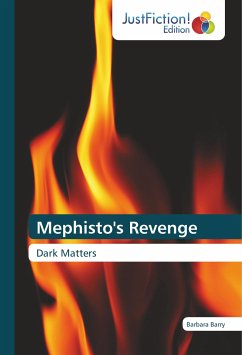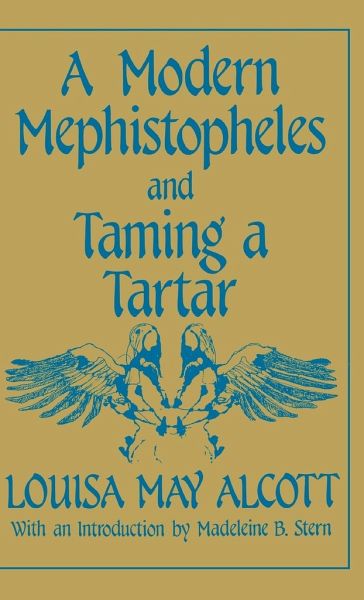
A Modern Mephistopheles and Taming a Tartar

PAYBACK Punkte
51 °P sammeln!
Louisa May Alcott has always been associated with literature for young adults and children. Here is in effect a new book by the universally popular Alcott, a book that reveals an altogether different image of one of America's best-loved authors. A Modern Mephistopheles began as a rejected sensational novel and was revised by Alcott for anonymous publication in 1877. Its subject, style, and language mark radical deviations from those expected of Alcott. Taming a Tartar is a newly discovered Alcott thriller. Originally published as a serialization in Frank Leslie's Illustrated Magazine, this ast...
Louisa May Alcott has always been associated with literature for young adults and children. Here is in effect a new book by the universally popular Alcott, a book that reveals an altogether different image of one of America's best-loved authors. A Modern Mephistopheles began as a rejected sensational novel and was revised by Alcott for anonymous publication in 1877. Its subject, style, and language mark radical deviations from those expected of Alcott. Taming a Tartar is a newly discovered Alcott thriller. Originally published as a serialization in Frank Leslie's Illustrated Magazine, this astounding page-turner highlights Alcott's feminists leanings. This unique book marks the first general printing of an Alcott story and the first reprinting in some 75 years of a neglected Alcott novel. Both works are closely analyzed in the detailed introduction by Madeleine B. Stern.






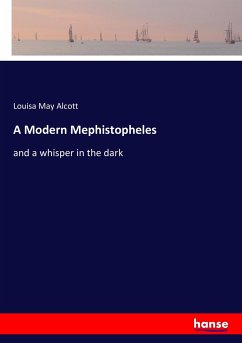

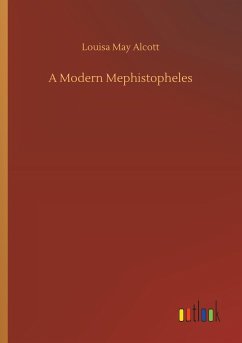
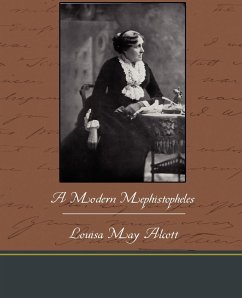
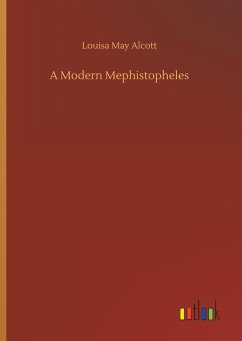

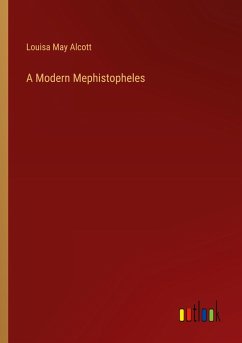
![A Modern Mephistopheles [By L.M. Alcott]. Cover A Modern Mephistopheles [By L.M. Alcott].](https://bilder.buecher.de/produkte/68/68652/68652519n.jpg)
